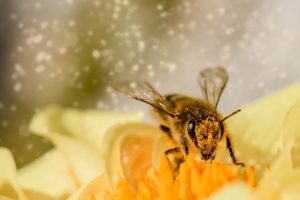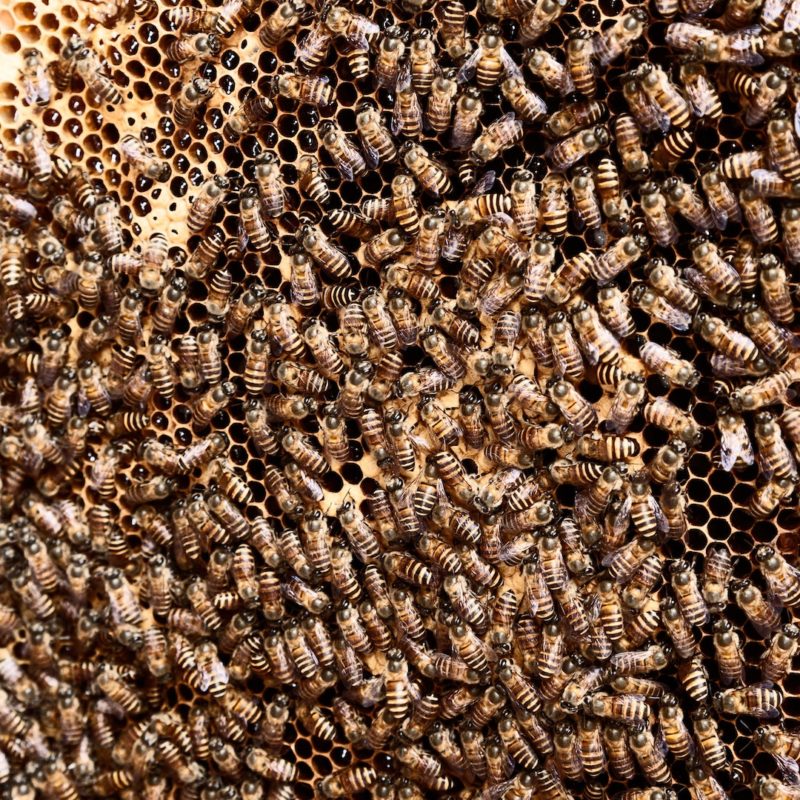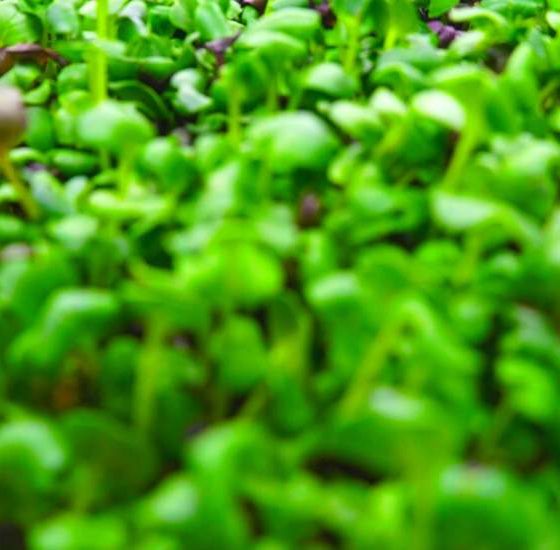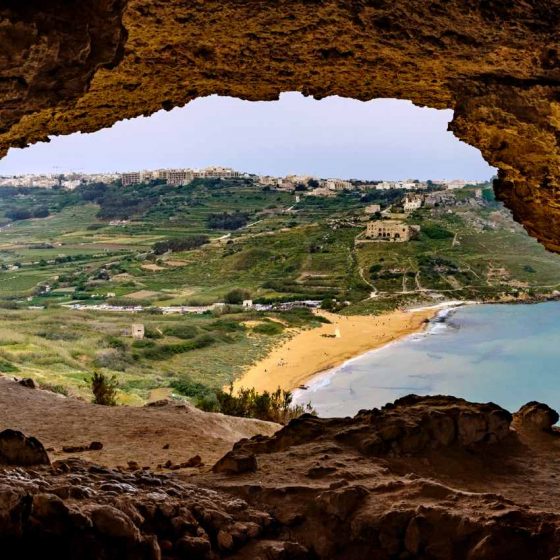You may think bees are annoying little insects as they buzz around you, crawl inside drinks or land on you on the beach, but the simple fact is, if bees didn’t exist, neither would humans.
Honeybees have been dying at an alarming rate over the past decade or so and we have to do our bit to protect them.
Did you know that bees are not just little flying insects that make honey and other bee products? Although bee products have a place on the market, their value is far from being comparable to the economic importance of bee pollination. In addition, bees contribute to the sustainable development of the environment and the conservation of biodiversity.

Why is pollination so important?
Pollination is needed for plants to reproduce, and so many plants depend on bees as pollinators. Bees pollinate a third of everything we eat and play a vital role in sustaining the planet´s ecosystem. Bees are industrious pollinators because they have convoluted with flowering plants over millions of years. Plants benefit from the honeybee pollination because it allows them to reproduce by setting seeds.
“When the bees disappear from the earth, there is only four years left to live. There will be no more bees, no pollination, no plants and no humans.”
Albert Einstein
Without honeybee pollination, the assortment, quality and quantity of many edible and enjoyable plants would shrink drastically. Pollination is important for productivity of both agricultural and the natural ecosystem as well as being important for the maintenance of diversity.
Get this….honeybees pollinate more than 16% of the flowering plant species in the whole world! Some crops simply must be pollinated by bees to produce fruit or seed. They pollinate 80% of all insect pollination and numerous plants can reproduce only if they are pollinated by the honeybee.
And there’s more…

Bees are really clever and tend to focus their energies on one particular species of plant at a time. By visiting the same flowers of a particular species in one outing, much higher quality pollination occurs – rather than spreading many different pollen to different plants which are not being pollinated, all plants of one species are getting an even distribution of vital pollen from others of the same species. That makes bees the best pollinators over any other insects and leads to good quality fruit and vegetables.
Bees are easily managed and easily moved around, are known to exploit a wide variety of crops whilst actively seeking out flowers with pollen. When a bee collects nectar and pollen, from a flower, pollen from the stamens (the male reproductive organ of the flower) sticks to the hairs of its’ body. When the bee visits the next flower, some of this pollen is rubbed off onto the stigma, or tip of the pistil (the female reproductive organ the flower). This is how, fertilization is possible and fruit, carrying seeds can develop.
Pollination is essentially plant reproduction. Without help from animal pollinators, our everyday food supply would look very different. At least one third of the fruit and veg we have come to rely on would no longer be available.
Examples of cultivated plants that need honey bee pollination:
Alfalfa, almonds, apple, asparagus, apricot, beans, blackberries, blueberries, cabbage, citrus, cucumber, cauliflower, celery, cherries, cranberries, eggplant, garlic, grapes, lettuce, mustard melon, onion, parsley, peach, nectarine, pear, pepper, plums, pumpkin, sunflowers, strawberry, sweet potatoes, watermelon,…

Wild bees have become as important as domesticated honeybees in pollinating food crops around the world, due to the dramatic decline in a number of healthy honeybee colonies over the past half-century.
Bees are extremely important for entire ecosystems to function
There is no doubting the importance of bees to food supply for humans. Without them, our gardens would be bare and our plates empty. Despite this, we should also remember that bees are not only extremely important for humans, but also for entire ecosystems to function. As we know, bees allow plants to reproduce through pollination and as pollinators, bees play a part in every aspect of the ecosystem. They support the growth of trees, flowers, and other plants. These plants contribute to the food system by feeding us, animals, the birds and insects. If the food source for these animals was diminished or lost completely, it would cause the entire food chain to suffer. Bees contribute to complex, interconnected ecosystems that allow a diverse number of different species to co-exist.
As citizens, we need to make sure that the policies, including the Common Agricultural Policy and the Biodiversity Strategy, protect the species that are so vital for our survival and for healthy agroecological food structures to exist. So, the next time you swish a bee away, stop and think these little species need all the help they can get.
Content Provided By Friends Of The Earth Malta. Edited by Andrea Britton
Friends Of The Earth Contact Information
W: https://foemalta.org T: 356 7996 1460 PO Box 1013, South Street, Valletta VLT 1000. Malta e: info@foemalta.org




